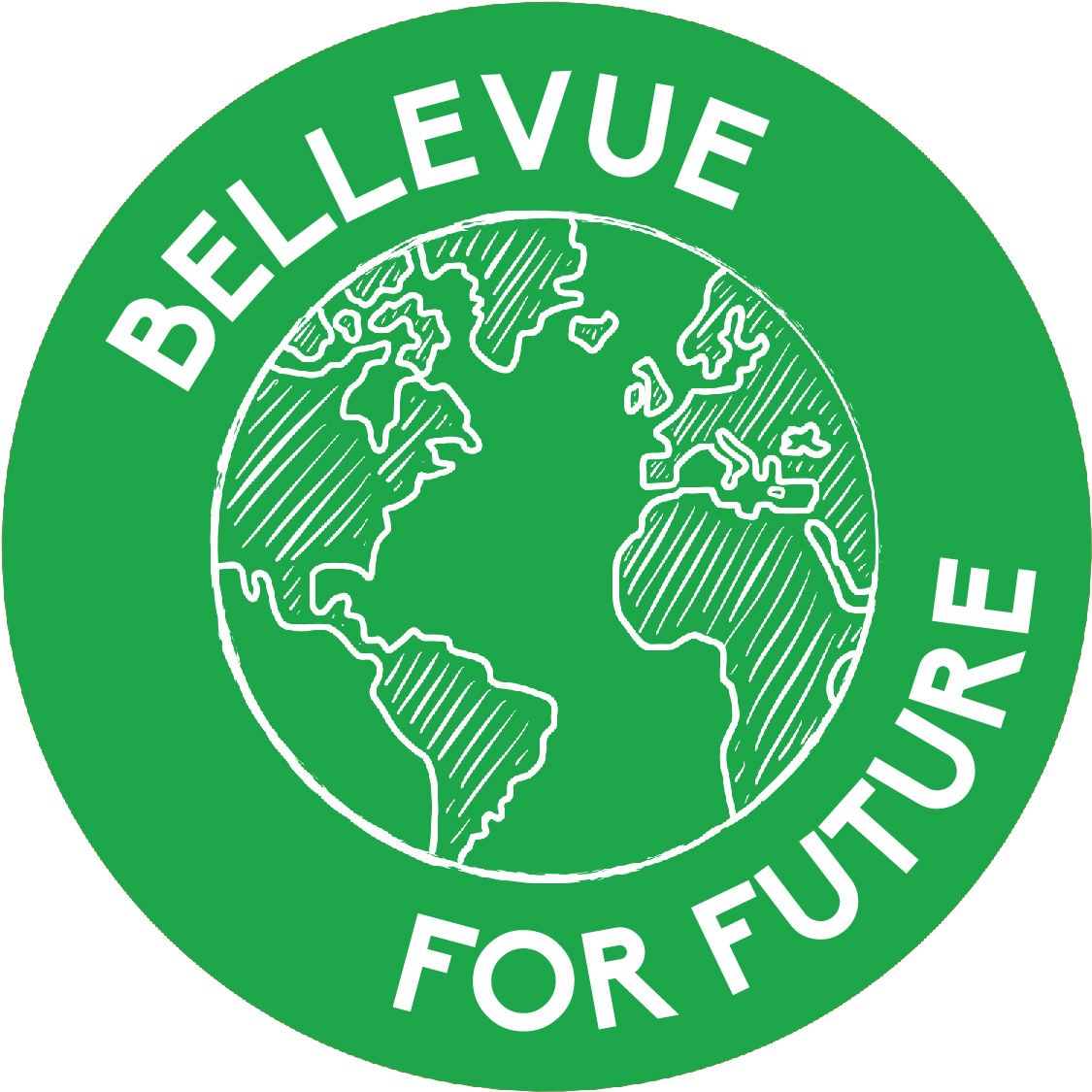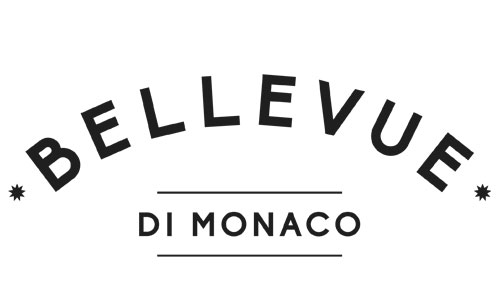DIREKT ZU:
✸ HEUTE IM BELLEVUE ✸ KULTURVERANSTALTUNGEN ✸ BERATUNG ✸ SPRACHE + LERNEN ✸ WORKSHOPS ✸ OFFENE TREFFEN ✸ EHRENAMTLICHE ✸ SPORT
✸ LIVESTREAMS immer unter: www.bellevuedimonaco.de/live
✸ Hier das AKTUELLE PROGRAMM zum Download
✸ Hier der aktuelle NEWSLETTER
✸ Hier können Sie den NEWSLETTER ABONNIEREN.
✸ Das Bellevue di Monaco auf SOCIAL MEDIA

Bellevue for Future
Samstag, 25. Februar 2023, 14:00 - 20:00
NO FUTURE? Migration und Flucht in der Klimakrise
Migration policy also takes place in the context of the climate crisis. Panel discussions and workshops in English.
Samstag, 25. Februar 2023
14:00 – 17:00 Uhr – Workshops
Wie umgehen mit den Auswirkungen des Klimawandels?
In den Workshops können einzelne Themen noch mal vertieft werden. Mit erfahrenen Referent:innen bieten wir einen Einstieg in die Themen und eine moderierte Diskussion. In den Workshops wollen wir genauer auf Probleme des Klimawandels hinweisen und auch auf Aktionen oder Projekte verweisen, die sich den Folgen des Klimawandels entgegenstellen.
How to handle the effects of climate change?
In the workshops, we will focus on local examples and perspectives on the connection between climate crisis and flight. Different experts will offer an introduction to the topics and a moderated discussion. In the workshops, we will go into more detail about the challenges posed by the climate crisis, but also refer to actions or projects that counter the consequences of the climate crisis.
Workshop 1. Usman Mahar: The Flood in Pakistan and its Effects on Migration.
This workshop uses the example of the devastating 2022 floods (and comparable disasters in the past, e.g. through a short film about the 2010 floods) to establish the connections between floods, climate change resilience and migration. Floods can lead to the loss of priceless human lives and essential crops, property destruction and livestock demise. Still, why do floods of similar magnitude wreak more havoc in the Global South when compared to the Global North? Resilience to flooding can primarily be attributed to infrastructure often missing in vast swaths of countries like Pakistan. Sometimes the infrastructure is in place, but mismanagement or powerful interests lead to disproportionate death and destruction, as in South Punjab during the 2010 floods. However, do floods lead to migration? And if so, how? Moreover, could that be a form of social resilience? For example, could families that have a member abroad be more resilient to such disasters? More generally, how can local resilience be strengthened? These are some of the questions that will be discussed in the workshop.
Please register here for workshop 1 / Anmeldung für Workshop 1 bitte hier
Workshop 2. Dr. Julio Zambrano: Don’t lose the “South” in addressing climate change.
Dieser Workshop fällt leider aus
For years there have been talks on climate change and its impacts on our lives. However, the weight of these changes in different groups and individuals are uneven. According to UN Environment, 80% of people displaced by climate change are women, making climate change a contributing factor of gender inequalities.
This workshop on ‘‘Climate Crisis impacts on women: Insights from Nigeria’’ will serve as an introduction to the problem women face as a consequence of climate change. Their different struggles and fears, as well as possible solutions.
What is the climate crisis? How are women affected by it? What are possible solutions?
There will also be a particular focus on the social, economic, and political barriers women face due to climate change. This workshop will consist of interactive sessions where participants can ask questions and participate in exercises.
Tina Taylor-Harry ist wissenschaftliche Mitarbeiterin am Institut für Natur- und Ressourcenschutz der Universität Kiel und Master-Studentin. Sie leitet Workshops zu Klimathemen und engagiert sich ehrenamtlich bei der Koordinationsgruppe “Klimakrise und Menschenrechte” von Amnesty International.
Anmeldung für Workshop 3 bitte hier/please register for workshop 3 here
19:00 Uhr – Filmabend mit Gespräch: Girls for Future
Dokumentarfilm von Irja von Bernstorff – Vier Mädchen haben eine Mission: Sie kämpfen gegen die globalen Umweltkatastrophen unserer Zeit. Aus ihrer Perspektive werden Wasserknappheit, Verbrennung von Kohle, Luftverschmutzung und die Vermüllung unseres Planeten mit Plastik erzählt. Die 11- bis 14-jährigen Mädchen aus Indien, Australien, Indonesien und dem Senegal sind zum Teil existenziell bedroht. In einer Zeit, in der die Lösungen für unsere Umweltprobleme oft als hochkomplex und kaum umsetzbar dargestellt werden, setzen sich diese Kinder mit entlarvender Klarheit für eine lebenswerte Zukunft ein.
Four girls have a mission: they fight against the global environmental disasters of our time. Water shortage, burning of coal, air pollution and the littering of our planet with plastic are told from their perspective. The 11- to 14-year-old girls from India, Australia, Indonesia and Senegal face existential threats. At a time when the solutions to our environmental problems are often presented as highly complex and hardly feasible, these children stand up for a future worth living with unmasking clarity.
In Kooperation mit Fridays for Future München, München Global Engagiert, Petra Kelly Stiftung



